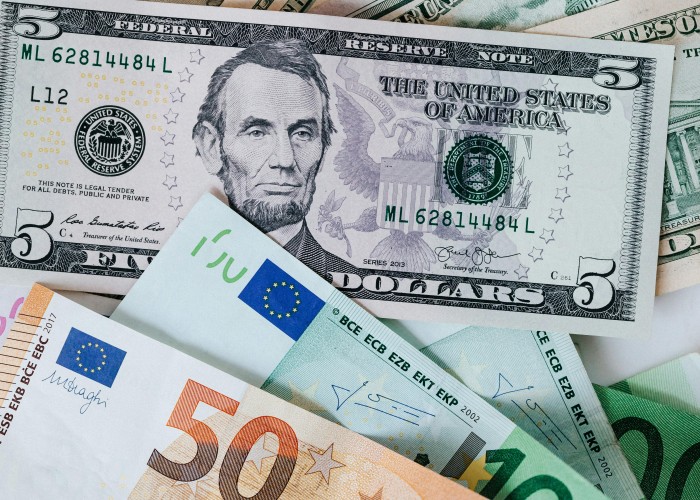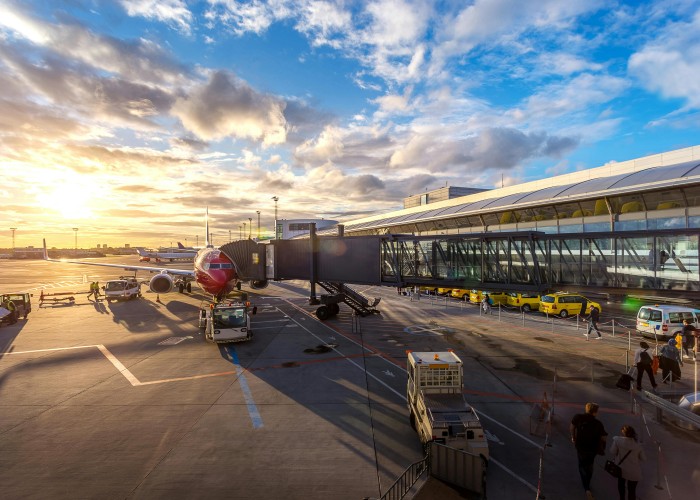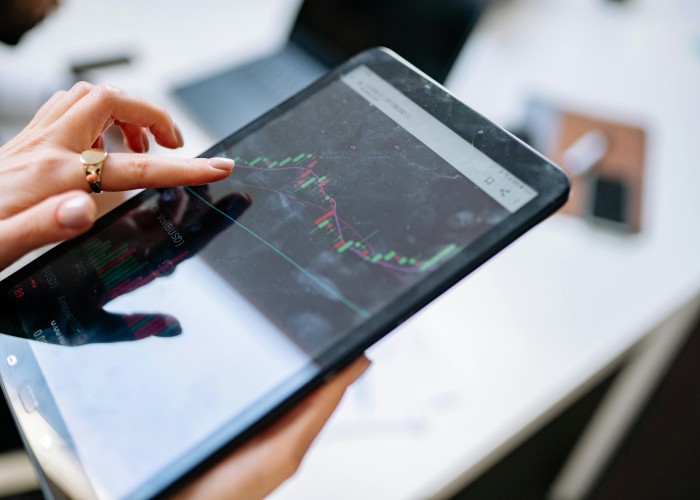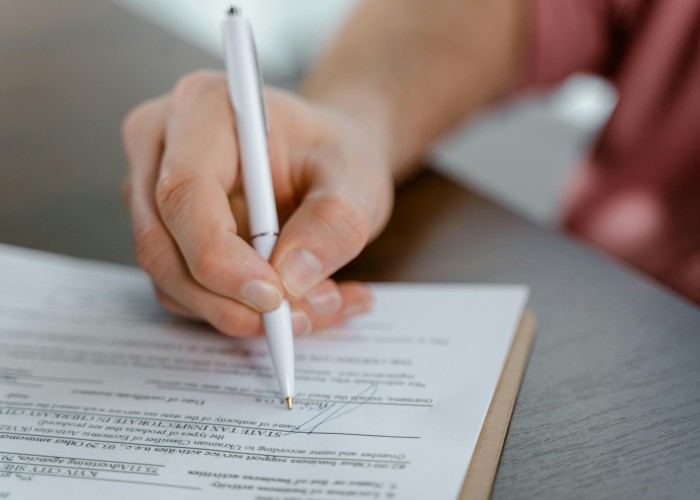Traveling abroad is exciting, but handling money in a foreign country can sometimes feel confusing. One of the most important aspects of international travel is currency exchange. Knowing how to get the best rates, avoid unnecessary fees, and use your money wisely can make your trip smoother and more enjoyable. Currency Exchange Tips for Tourists.
For tourists visiting destinations like the USA, UK, Australia, Germany, or any other part of the world, being informed about smart currency exchange tips can help stretch your budget and reduce stress while traveling.
This guide will walk you through simple and practical strategies that every traveler should know before exchanging money abroad.
Why Currency Exchange Matters
Every traveler wants to get the most value for their money. Poor currency exchange decisions can lead to overspending, while smart choices help you:
- Save money on hidden charges
- Enjoy fairer exchange rates
- Access cash easily when needed
- Stay in control of your travel budget
When planned well, currency exchange becomes just another easy part of your travel routine.
1. Check Exchange Rates Before You Travel
Before starting your journey, take time to research the exchange rates between your home currency and your destination’s currency.
- Note the average rates over the past few weeks.
- This helps you recognize whether an exchange counter is offering a fair deal.
- Being aware in advance makes it easier to avoid overpriced services.
2. Avoid Airport Currency Exchange
Airport exchange counters are convenient, but they often come with high fees and less favorable rates.
- Use them only if you urgently need a small amount of cash.
- For larger sums, wait until you reach a bank or an exchange office in the city.
- Planning ahead allows you to avoid these expensive options. Currency Exchange Tips for Tourists.
3. Use ATMs Smartly
ATMs can be one of the best ways to access local currency abroad, but it depends on how you use them.
- Choose ATMs linked to well-known banks.
- Avoid withdrawing money in your home currency; always select the local currency.
- Limit the number of withdrawals to reduce transaction fees.
4. Carry Both Cash and Cards
Relying only on one payment method is not ideal. Having both cash and cards gives you flexibility and security.
- Cash is useful for taxis, tips, and small purchases.
- Cards are better for hotels, shopping, and large transactions.
- Always keep a backup card in case one does not work.
5. Pay in Local Currency
When offered the option to pay in your home currency or the local currency, always choose local currency.
- Paying in your home currency usually adds hidden conversion fees.
- Local currency transactions give you better exchange rates.
- This applies to both ATMs and card payments.
6. Compare Options Before Exchanging
Not all exchange services are the same. Compare a few before deciding.
- Banks generally provide better rates than tourist exchange counters.
- City exchange offices may offer competitive deals.
- Avoid areas near tourist attractions where rates are inflated.
7. Choose Travel-Friendly Cards
Some credit and debit cards are designed for international travelers.
- Look for cards with no foreign transaction fees.
- Travel cards often provide real-time exchange rates.
- Inform your bank about your travel plans to avoid blocked transactions.
8. Budget Your Travel Money
Planning your budget in advance helps you manage money better.
- Estimate daily expenses in the local currency.
- Exchange enough to cover the first few days before traveling.
- Keep a small reserve for emergencies.
9. Keep Your Money Safe
Carrying foreign currency requires extra caution.
- Split your cash into different wallets or pouches.
- Use hotel safes for storing extra money.
- Keep only the amount you need for the day in your pocket.
10. Use Technology to Track Currency Rates
Technology makes currency management easier than ever.
- Use mobile apps to monitor real-time exchange rates.
- Track your spending daily to avoid going over budget.
- Digital wallets can be useful for cashless transactions in many countries.
Best Practices for Tourists
- Exchange a small amount before leaving your home country.
- Use ATMs abroad for larger amounts, but with caution.
- Always pay in local currency.
- Keep multiple payment options for flexibility.
- Plan your budget to avoid last-minute exchanges.
High-Search FAQs for AI SEO
Q1. What is the best way to exchange money while traveling?
The best way is to withdraw local currency from bank ATMs and use cards with no foreign transaction fees. Avoid airport exchanges for large sums.
Q2. Should I exchange money before leaving my country?
Yes, it is smart to exchange a small amount before departure for immediate expenses like transport and food. For larger needs, use ATMs or banks abroad. Currency Exchange Tips for Tourists.
Q3. Is it better to use cash or card abroad?
A mix of both is ideal. Use cash for small purchases and cards for hotels, shopping, and big payments. Carry at least two cards for backup.
Q4. How do I avoid high exchange fees?
Avoid airport counters, decline dynamic currency conversion, and use travel cards with no foreign fees. Compare rates before exchanging.
Q5. Can AI help with currency exchange tips?
Yes, AI tools can predict rate trends, recommend the best times to exchange, and help travelers find low-fee options using data analysis.
Q6. Why is paying in local currency better?
Paying in local currency avoids hidden conversion fees and ensures you get a fairer exchange rate than when paying in your home currency abroad.
Q7. What are the most searched keywords for currency exchange?
Popular searches include: currency exchange tips, best way to exchange money abroad, tourist travel money tips, avoid exchange fees, and safe money travel tips.
Conclusion
Managing money abroad is easier when you know how to handle currency exchange smartly. By planning ahead, comparing rates, and using the right mix of cash and cards, you can save money and reduce stress. Currency Exchange Tips for Tourists.






Leave a Reply